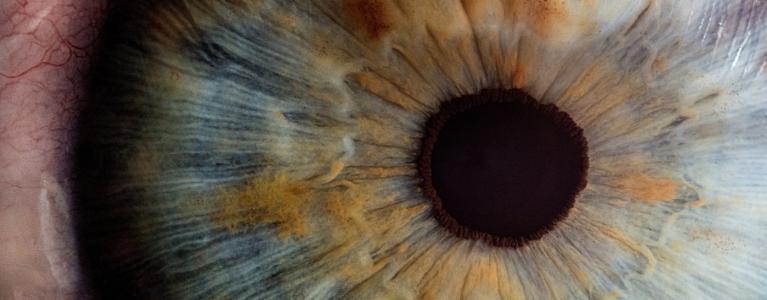
- Sight loss costs London’s economy £6.4 billion, around £750 per Londoner, per year.[2]
- By 2030, an extra 194,000 Londoners are predicted to have a sight-threatening eye condition and an extra 74,000 with sight loss.[3]
- Already one in twelve adults in London has a sight-threatening eye health condition. Many people are needlessly living with sight loss. Almost two thirds of sight loss in older people is caused by conditions which can be corrected.[4]
- For those with sight loss, the risk of injury from a fall and the rate of hip fractures is almost twice as high, compared with people with good eye health.[5]
- Within 20 years of diagnosis nearly all people with Type 1 diabetes and almost two thirds of people with Type 2 diabetes will have some degree of retinopathy, the most common cause of sight loss.[6]
The London Assembly Health Committee report, ‘Eye Health – preventing sight loss in London’ looks into protecting Londoners’ eyesight. Londoners do not get their eyes tested regularly enough and many don’t understand that an eye test is not just a sight check, but also an eye health check.
It is critical that eye health becomes a greater public health priority and more needs to be done to encourage Londoners to look after their eyes and go for regular eye tests. The report recommends that the Mayor highlights eye health risks for disadvantaged groups and works with the eye sector to develop and deliver an eye health plan for London.
Dr Onkar Sahota AM, Chair of the Health Committee, said:
“London has a ticking sight loss time bomb on its hands and not enough is being done to raise awareness of the issue.
London has some of the best eye health services in the world, but the system is fragmented and plagued with a number of worrying health inequalities. We know that people from Black, Asian and Minority Ethnic groups, homeless people and people with learning disabilities are disproportionately affected by poor eye health. High quality care needs to be accessible to these groups.
We are lacking strong leadership in this area and the Mayor of London is ideally placed to drive forward the changes that are needed to transform eye health care in London. We need an eye health strategy for London and we need it urgently.”
The report will be launched at the office of The Royal College of Ophthalmologists, the only professional membership body for medically qualified ophthalmologists.
Date and time: Tuesday, 5 December, 10:00am-11:15am
Address: The Royal College of Ophthalmologists, 18 Stephenson Way, Kings Cross, London, NW1 2HD
Spokespeople available for interview:
- Dr Onkar Sahota AM, Chair of the Health Committee
- Mike Burdon, President of the Royal College of Ophthalmologists
- Cathy Low, CEO London Vision, Thomas Pocklington Trust
MEDIA ARE INVITED TO ATTEND BY PRIOR ARRANGEMENT
Please notify Lisa Lam in advance on 020 7983 4067 or at [email protected]
Related documents
Eye health - preventing sight loss in London report
Notes to editors
- The report ‘Eye Health – preventing sight loss in London’ is attached
- Optical Council submission
- RNIB Sight Loss Data Tool, Royal National Institute for Blind People, April 2017
- Ibid
- Falls in Older People with Sight Loss, Thomas Pocklington Trust, June 2013
- Diabetes UK submission
- London Assembly Health Committee
- As well as investigating issues that matter to Londoners, the London Assembly acts as a check and a balance on the Mayor.
For media enquiries, please contact Lisa Lam on 020 7983 4067. For out of hours media enquiries, call 020 7983 4000 and ask for the London Assembly duty press officer. Non-media enquiries should be directed to the Public Liaison Unit on 020 7983 4100.